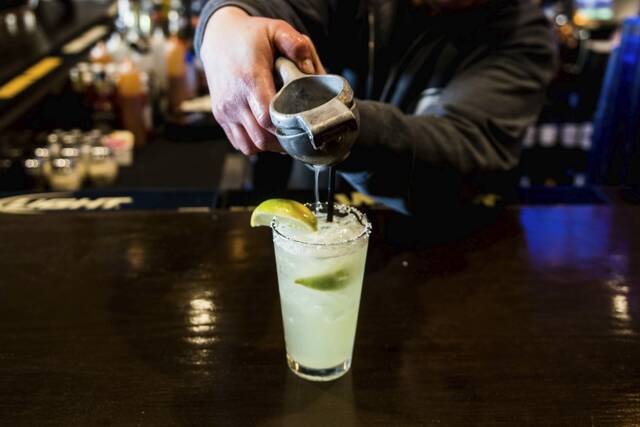With a pandemic, there are certain things you expect to be problematic.
Crowded emergency rooms are not surprising. Doctors telling you to keep your distance and wash your hands? That’s pretty on brand for them. Even the stock market rising and falling with the latest vaccine release or other developments along the way? Makes sense.
But some of the shortages have seemed strange.
The immediate rush on toilet paper in March 2020 was where it started. While the disinfectants and hand sanitizers that disappeared off store shelves at the same time made sense, toilet paper became both a precious commodity and a sorely needed source of levity at the time.
Since then, there have periodically — but not uniformly — been other disappearing items. When everyone was baking bread, you couldn’t find flour for love or money. Sometimes you couldn’t find eggs at one store while another had them at a premium and another was practically giving them away. The chicken situation was so dire that restaurant chain Wingstop embraced the shortage of its signature item and started marketing thighs instead.
Right now, liquor is experiencing its problems. Citing “sustained supply chain disruptions and product shortages,” the Pennsylvania Liquor Control Board last week placed curbs on certain items. Retail customers may buy only two bottles a day of the 43 items on the list.
Does that mean that covid-19 has affected the nation’s ability to produce rye whiskey or import French Champagne? Not necessarily.
The empty shelves popping up for myriad products are a reflection of exactly how interconnected the processes of various businesses can be, as well as how dependent we all are on certain aspects like shipping, trucking and other important labor aspects. It also underscores that the worker shortages that have been discussed are not just low-wage front-line workers who could make more money collecting unemployment.
Forbes Magazine has pointed out problems with worker shortages in the trucking industry. Container ships have sat in harbors waiting to be emptied, but there aren’t enough dock workers to do the unloading and loading — and the International Longshore and Warehouse Union puts its average member’s annual salary around $150,000. That’s hardly minimum wage.
There does have to be a recognition that the missing workers aren’t just the ones who decided to homeschool the kids or switch jobs. There are also about 147,000 adults between 18 and 65 who died in the last year because of the pandemic, depleting the workforce. That’s roughly four times the number of people who die in automotive crashes each year, and it doesn’t even include the largest demographic of fatalities which could still have included many older workers.
There isn’t much stores or distributors can do about the shortages other than try to survive them before moving on to the next inexplicable complication. But there are actions consumers can take.
First, we can be understanding with those front-line employees who have shown up to do the work. It is definitely not the fault of the guy at Fine Wines and Good Spirits that the Patrón Tequila Silver 80 Proof is in short supply.
Second, taking a lesson from the great 2020 toilet paper shortage, we can learn not to panic-buy and hoard. Buy what you need when it’s available, and we should all get through this without actually needing two bottles of bourbon a day.








